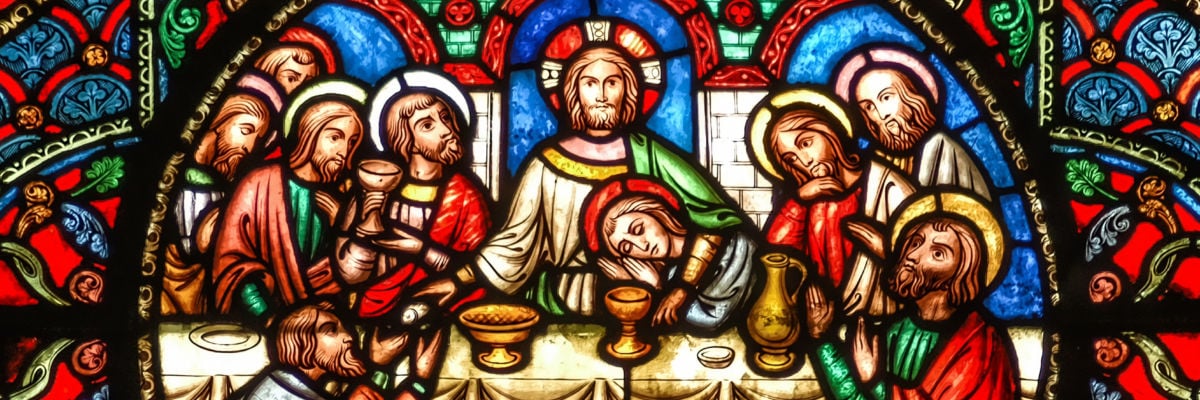
Question:
Answer:
Jesus came to atone for our sins, not abolish all moral prohibitions so that we wouldn’t have any idea what sin is. He tells that he didn’t come to abrogate the law but to fulfill it (Matt. 5:17-18). In fulfilling it, though, he made the Old Covenant “works of the law,” i.e., primarily the ritual and liturgical commandments that Moses prescribed for Old Covenant life, no longer binding us on in the New Covenant.
Why? Because these laws cannot make a man righteous before God, including because they are performed ‘‘apart from the grace of Christ.’’ St. Paul affirms, “For we hold that a man is justified by faith apart from works of the law’’ (Romans 3:28). And he adds elsewhere:
We ourselves, who are Jews by birth and not Gentile sinners, yet who know that a man is not justified by works of the law but through faith in Jesus Christ, even we have believed in Christ Jesus, in order to be justified by faith in Christ, and not by works of the law, because by works of the law shall no one be justified (Gal. 2:15-16).
Yes, in Old Covenant days, violating these laws was sinful, at the very least because doing so was done in disobedience to God and the leaders of his people. In addition, these Old Covenant laws are still “on the books,” as they’re noted in the Old Testament and elsewhere, and Orthodox Jews continue to observe them to the present day, excluding those that involve the Temple in Jerusalem, which was destroyed in A.D. 70.
Further, as indicated above, the immutable moral law, as classically presented in the Ten Commandments and their corollaries, remains in effect. Besides the Sermon on the Mount (Matt. 5-7), see in particular Jesus’ interaction with the rich young man (Matt. 19:16-26) and also his teaching on what truly defiles (Matt. 15:10-20).



